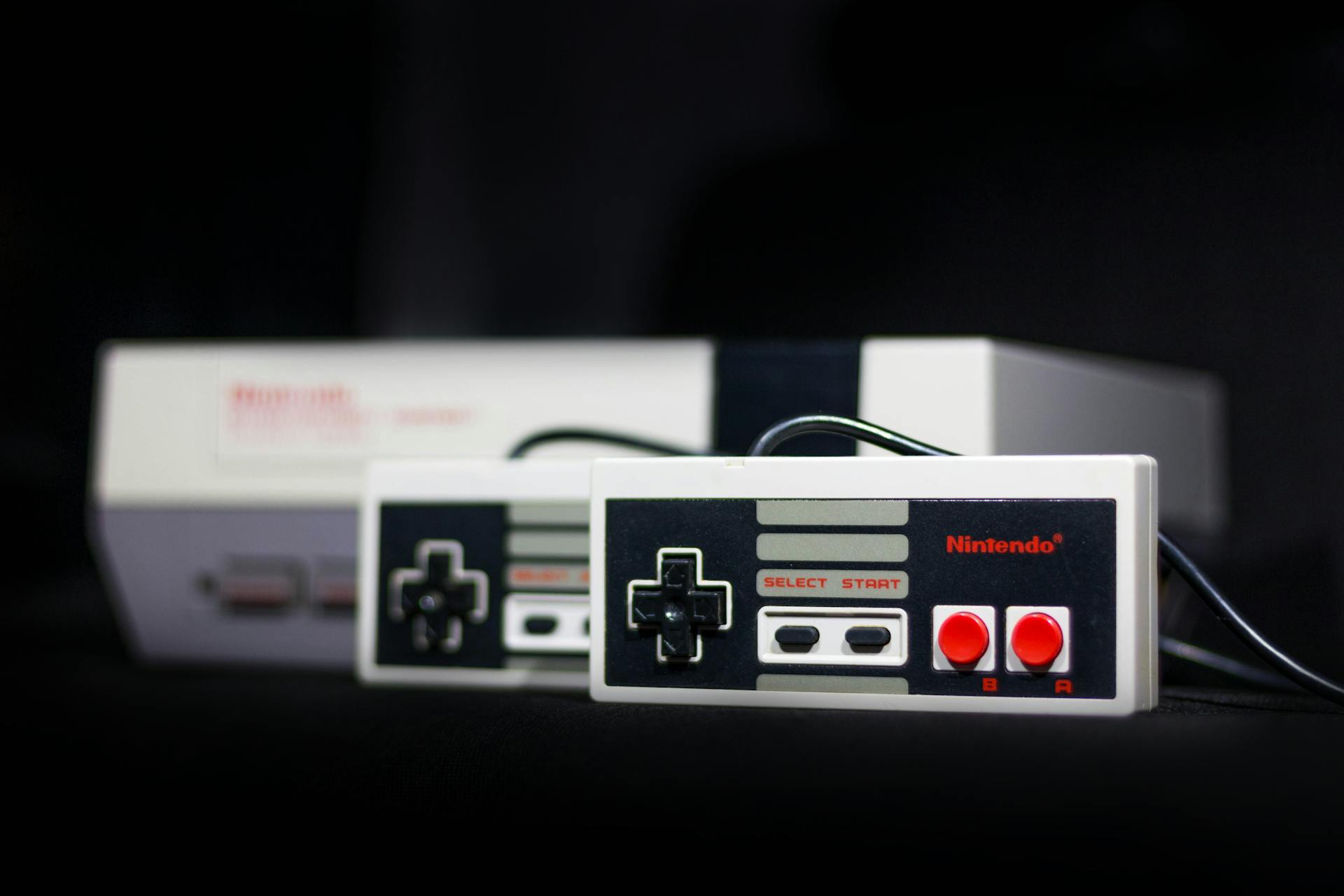Indie game development is more accessible than ever, thanks to powerful, free, and low-code game engines. But choosing the right one depends on your team size, experience, and vision.
1. Unity
Still the most popular game engine among indie developers, Unity offers a vast asset store, extensive documentation, and support for 2D/3D.
Pros: - Cross-platform publishing - Huge community and tutorials - Supports AR/VR and mobile with ease
Cons: - Can feel bloated for small 2D games - Some features now locked behind paid tiers
2. Godot
An open-source gem that’s rising fast. Godot 4.0 introduced Vulkan support and revamped 3D rendering.
Pros: - Completely free and open-source - Lightweight and beginner-friendly - Great for 2D games
Cons: - Smaller community than Unity - Fewer ready-to-use assets
3. Unreal Engine 5
Known for AAA visuals, but increasingly viable for indie studios—especially with Blueprints for low-code development.
Pros: - Cutting-edge graphics out of the box - Free until revenue crosses $1M - Nanite and Lumen features are industry-leading
Cons: - Steeper learning curve - Heavy for simpler games
4. Construct & GDevelop
These browser-based engines require no code, ideal for hobbyists and fast prototyping.
Pros: - Fast learning curve - Web-ready deployment - Active community plugins
Cons: - Limited advanced control - Less suited for complex logic
Whether you're building the next pixel platformer or a 3D action title, there's a game engine that fits your vision. Start small, iterate fast, and choose tools that complement your workflow.

